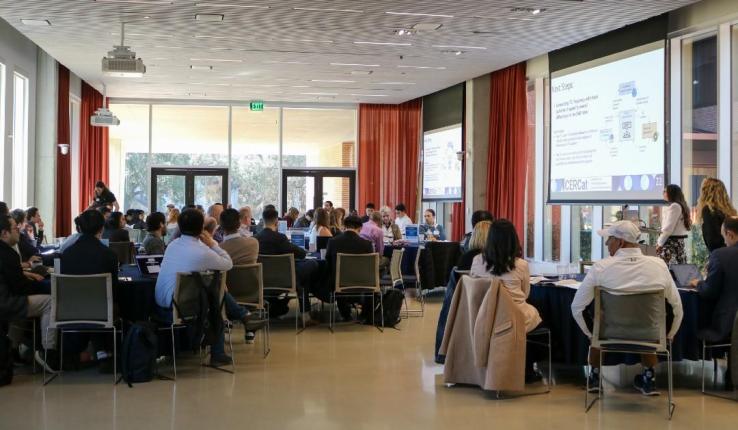What is making me sick?
A doctor’s answer to this question depends on the patient’s ailment, and the cause of an illness—the what—often determines its treatment. A bacterial infection might call for an antibiotic; high blood pressure might necessitate a change in diet and increased exercise; seasonal allergies might require medication. In the case of Type 2 diabetes—in which the body becomes resistant to insulin or is unable to produce enough insulin—a doctor might list the patient’s weight, inactivity or genetics as possible causes, and recommend an appropriate treatment.
Patients with Type 2 diabetes must be heavily involved in and are often burdened by their treatment plans, which involve daily decision-making. Patients must perform insulin tests, adhere to dietary restrictions, and monitor stress and activity levels. Some patients and providers work together to formulate a manageable treatment plan in an approach known as shared decision-making. But if a patient believes his or her illness is caused by something other than what the doctor has identified as the cause, or that a different treatment would be more effective, the patient might resist—or even ignore—the doctor’s advice.
“We all have experience with hearing things in the media about disease and treatment, like ‘drink this tea and it makes your diabetes go away,’” says Jessecae Marsh, an associate professor of psychology. “So if you’ve just been diagnosed with Type 2 diabetes, it’s not the first time you’ve heard of it. You have all this information out there, and there might be some beliefs you’ve formed about it. So now [your doctor is] going to try to give you all this correct information. What’s that going to do with all this information you already have?”
Marsh studies how people’s mental models, or beliefs, about causal relationships influence their thinking, and, in particular, how people reason and make decisions in the health domain. The disconnect or conflict between patient mental models about their disease and the recommended treatment can be an obstacle to shared decision-making, she says.
“Doctors are often giving patients information that has all these causal links in it. And the question is, if you believe something else, what happens when you get this new information?” explains Marsh. “A patient’s mental model of how their disease might work might be very different than how it actually works.” This does not necessarily indicate that the patient is uneducated about his or her disease; they’ve merely received information over time and have built belief systems around it, she says.
Marsh, a cognitive psychologist, has partnered with Samantha Kleinberg, assistant professor of computer science at Stevens Institute of Technology, and Onur Asan, associate professor in the School of Systems and Enterprises, also at Stevens Institute of Technology, in an effort to “close the gap from data to decisions,” which could improve shared decision-making for doctors and patients with Type 2 diabetes by better linking evidence to knowledge.
The goal, says Marsh, is to “figure out a way to, for a given patient, elicit that model of what’s causing their diabetes, figure out what they think causes their diabetes, and then give that information to a doctor, so the doctor can help them make a better decision [in a clinical setting].”
The project, “Uniting Causal and Mental Models for Shared Decision-Making in Diabetes,” is supported by funding from the National Science Foundation.
Rather than providing group-level guidelines for patients with Type 2 diabetes, Kleinberg is working to develop machine learning methods to generate personalized causal models for individual patients based on health network data related to insulin dosage, blood sugar levels, activity levels and diet. For example, what causes a particular patient’s blood sugar to go up or down?







